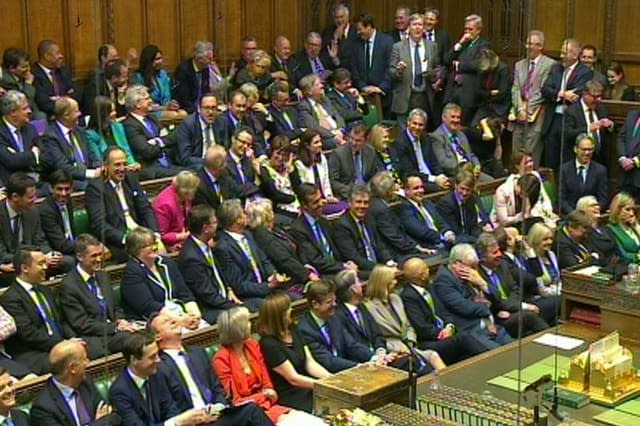MPs' pensions, not pay, are the problem

MPs wages are in the news again after they awarded themselves a 10% pay rise but we should be far more concerned about the extra pension benefits.
There is lots of anger around the news that MPs' pay will increase from £67,060 a year to £74,000 – a 10% increase equating to an extra £6,940 a year.
I don't actually have a problem with the increase as comparative to other politicians in the EU our MPs are pretty good value (keep in mind Italian politicians earn the equivalent of £115,000 a year).
The argument goes that if we were paying our politicians decent cash in the first place (and I appreciate many will think £67,000 a year is already a decent amount) that we wouldn't have seen so many appalling expenses receipts being submitted.
Calculate your pension income options
However, MPs' expenses is slightly off topic. What we should really be focusing on is not the increase in pay but just how much it will cost us in pension payments.
MPs are lucky enough to be have defined benefit pensions which are linked to their final salary and how long they have served. The increase in their pay will equate to a £10 million cost for pension payouts.
The problem I have is a politician who has served for just 10 years can walk away with a quarter of their salary each year for life from their retirement date. That's now £18,500 a year for doing just a decade of work!
If you wanted to generate an income of that much you'd have to save around £300,000 into your pension based on recent annuity rates where a £100,000 pension buys just £5,900 of income a year.
Public vs private sector
The Independent Parliamentary Standards Authority said the pay rises will not bump up the pensions bill for politicians because they are moving away from final salary and towards average earnings and will be less generous.
The fact is these figures are just another indictment of the unsustainable and unfair public sector pension regime, where people in the private sector have to fund pensions of public sector workers that they could never hope to have themselves.
Gold-plated benefits were given to public sector workers as compensation for lower wages than the private sector but this is no longer the case. While there is less inequality in the wages paid to private and public sector workers, inequality will certainly rear its head in retirement.
Read more:
Public sector pensions to cost £41bn
Review: private pensions too costly
Why 'gold-plated' pensions are a myth/





